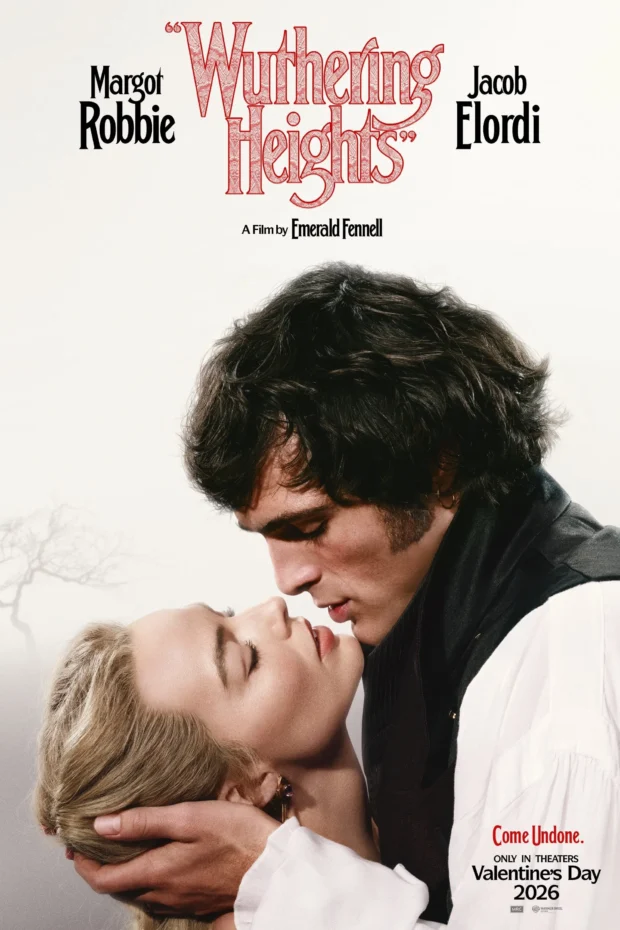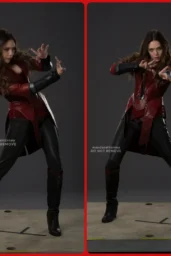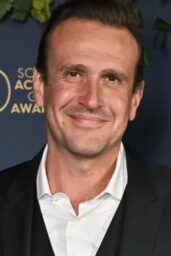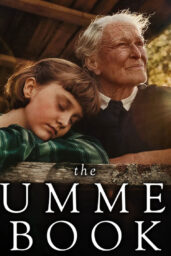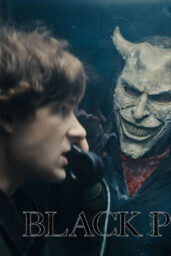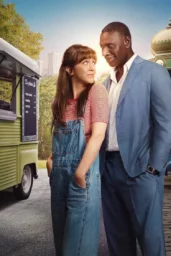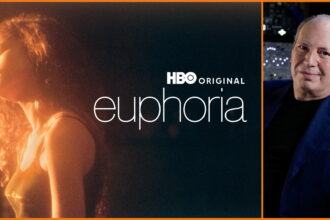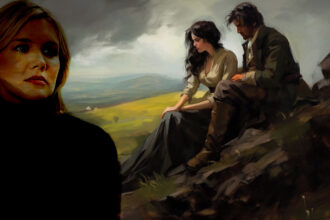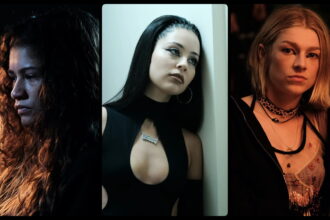The first teaser for Emerald Fennell's Wuthering Heights doesn't whisper—it screams. Against sweeping Yorkshire moors and Charlie XCX's pulsating soundtrack, Margot Robbie and Jacob Elordi embody Emily Brontë's tortured lovers with an intensity that feels both timeless and bracingly modern. “Drive me mad,” Catherine breathes, and you get the sense Fennell took that as a personal directive.
Coming off the polarizing success of Saltburn, Fennell is doubling down on her signature blend of literary prestige and provocative sensuality. This isn't your high school English class Wuthering Heights—though honestly, Brontë's original was never as tame as period drama adaptations have made it seem. The 1847 novel was considered scandalous in its time, a fact that seems to have inspired Fennell's approach rather than intimidated her.
The Perfect Storm of Casting
The pairing of Robbie and Elordi feels almost too perfect—two actors who've mastered the art of making beautiful people seem dangerously unhinged. Robbie, fresh off Barbie‘s billion-dollar success, brings both star power and the kind of fearless commitment to character that made I, Tonya so memorable. Elordi, meanwhile, has been steadily building a reputation for playing characters you shouldn't want to love but absolutely do, from The Kissing Booth to Euphoria to Saltburn itself.
What's particularly intriguing is how this casting subverts our expectations. Catherine Earnshaw and Heathcliff are supposed to be destructive, obsessive, ultimately tragic figures—not conventionally attractive movie stars playing at darkness. But there's something unsettling about watching two of Hollywood's most photogenic faces embody such psychological chaos, a dissonance that feels very much in line with Fennell's sensibilities.
The supporting cast—Hong Chau, Shazad Latif, Alison Oliver, Martin Clunes, and Ewan Mitchell—suggests Fennell isn't interested in simply recreating the source material but reimagining it entirely. Hong Chau, in particular, brings a gravitas that could ground even Fennell's most indulgent impulses.
Valentine's Day Counterprogramming
Warner Bros' decision to release this on February 13th, 2026—the day before Valentine's Day—is either brilliant or absolutely insane. Possibly both. While couples flock to traditional romantic comedies, Fennell is offering something far more complex: a love story that's equal parts passion and poison.
It's a bold move that speaks to confidence in both the material and Fennell's vision. This isn't comfort food romance; it's the kind of film that might leave you questioning everything you thought you knew about love, desire, and the thin line between devotion and destruction. Perfect for Valentine's Day? Maybe not. Perfect for audiences hungry for something more challenging than the usual February offerings? Absolutely.
The Fennell Factor
After Promising Young Woman‘s Oscar success and Saltburn‘s cultural omnipresence, Fennell has established herself as a filmmaker unafraid to push boundaries. Her approach to Wuthering Heights appears to be “what if we took this already intense story and made it even more so?” Early reports suggest a “hyper-sexualized and over-indulgent” take with “lavish sets and extra intense romance galore.”
That description might make purists nervous, but it also suggests Fennell understands something crucial about Brontë's work: it was never subtle. The original Wuthering Heights is a fever dream of passion, revenge, and psychological warfare wrapped in the respectability of Victorian literature. Fennell seems determined to strip away that respectability and show us what Brontë might have written if she'd had fewer social constraints.
What We're Really Watching
Beyond the gothic romance and period costumes, this Wuthering Heights feels like Fennell's most personal statement yet about love, power, and the stories we tell ourselves about both. Her previous films have interrogated toxic masculinity and class dynamics with surgical precision; applying that same lens to Brontë's tale of obsessive love feels like a natural evolution.
The teaser's emphasis on madness—”Drive me mad”—suggests Fennell is less interested in romanticizing Catherine and Heathcliff's relationship than in examining it as a case study in destructive codependency. In an era where we're finally having honest conversations about what healthy relationships look like, there's something almost radical about presenting one that's so magnificently unhealthy.
Whether this approach will resonate with audiences remains to be seen. Fennell's work tends to divide viewers—you either surrender to her vision completely or find yourself frustrated by what can feel like deliberate provocation. With Wuthering Heights, she's adapting source material that's already provocative, which could either amplify her strengths or highlight her tendency toward excess.
The Gothic Renaissance
This adaptation also arrives at a fascinating moment for gothic storytelling in cinema. From The Witch to Midsommar to Saint Maud, audiences have shown an appetite for films that use horror and psychological intensity to explore deeper themes about human nature. Fennell's Wuthering Heights seems positioned to capitalize on this trend while bringing it into the realm of literary adaptation.
The Yorkshire moors have never looked more ominous than they do in this teaser, transformed from mere setting into a character in their own right. There's something almost supernatural about the way Fennell frames the landscape, suggesting that the environment itself is complicit in the madness unfolding between Catherine and Heathcliff.
What Makes This Different
Every generation gets the Wuthering Heights it deserves, and perhaps we're finally ready for one that doesn't apologize for its darkness. Previous adaptations have often tried to soften the story's harder edges, turning it into something more palatable for mainstream audiences. Fennell appears to be doing the opposite—leaning into every uncomfortable truth about obsessive love.
The Charlie XCX needle drop in the teaser trailer is particularly telling. It's an aggressively modern choice that signals Fennell's intentions: this isn't a museum piece but a living, breathing work of art that speaks to contemporary audiences about timeless themes. Whether you love or hate that approach will likely determine your response to the film as a whole.
As we count down to February 13th, 2026, one thing seems certain: Fennell's Wuthering Heights won't be forgettable. In an era of safe, algorithm-friendly entertainment, she's offering something genuinely dangerous—a love story that might actually change how you think about love itself.
Wuthering Heights opens in theaters nationwide on February 13th, 2026, just in time to complicate your Valentine's Day plans.
